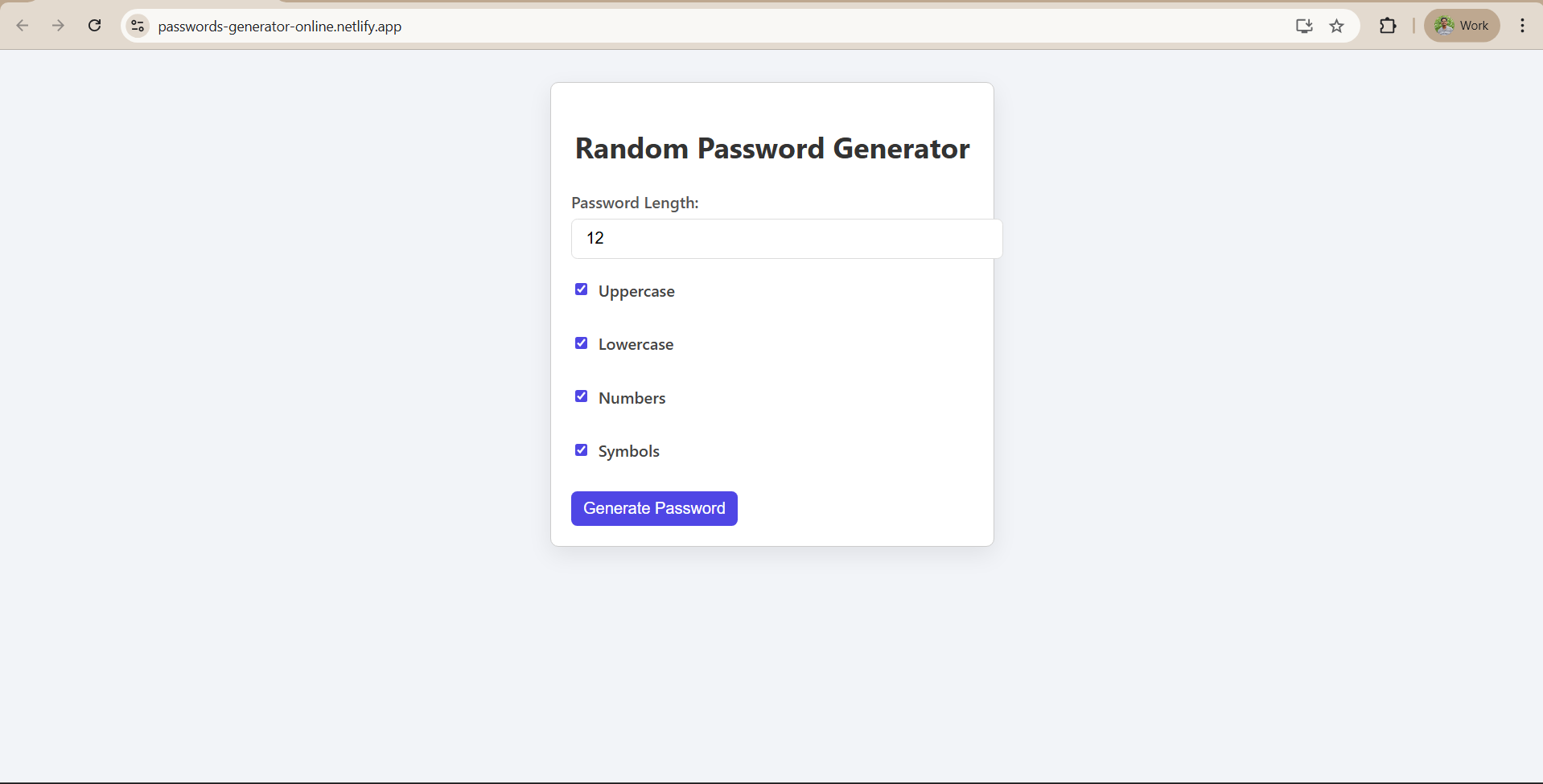Const References and Reference Qualifiers in Cpp
Const References and Reference Qualifiers in C++
A. Const References and Immutable Data
Const references in C++ allow passing variables to functions without allowing them to be modified within the function. They are commonly used when you want to ensure that a function does not modify the data it receives, preserving immutability and avoiding unintended side effects.
#include <iostream>
void printMessage(const std::string& message) {
// Cannot modify 'message' here
std::cout << "Message: " << message << std::endl;
}
int main() {
std::string greeting = "Hello, world!";
printMessage(greeting); // Pass 'greeting' as a const reference
return 0;
}In the above example, the printMessage function takes a const reference to a string as a parameter. This guarantees that the function will not modify the message variable. Using const references ensures that the passed data remains immutable within the function, providing clarity and preventing accidental modifications.
B. Reference Qualifiers and Member Functions
Reference qualifiers in C++ allow you to specify whether a member function can be called on lvalue references (non-const references) or rvalue references (temporary objects). This feature enables you to create member functions that have different behavior depending on whether they are called on lvalues or rvalues.
Using reference qualifiers allows you to define different behavior based on the value category of the object on which the member function is called, providing flexibility and the ability to optimize for specific use cases.
These are the concepts of const references and reference qualifiers in C++. Const references ensure the immutability of data passed to functions, while reference qualifiers allow different member function behavior based on value categories (lvalues and rvalues). Both features contribute to code clarity, expressiveness, and efficient data handling.
References vs. Pointers
A. Similarities and Differences
References and pointers have some similarities and differences in C++.
Similarities :
- Both references and pointers allow indirect access to objects.
- They can be used to modify the referenced object.
- Both can be used as function parameters and return types.
Differences :
- Syntax : References are declared using the & symbol, while pointers use the * symbol.
- Nullability : Pointers can be assigned a null value (nullptr), indicating that they do not point to any valid object. On the other hand, references must always be initialized and cannot be null.
- Reassignment : Pointers can be reassigned to point to different objects, while references cannot be reassigned once initialized.
- Object Ownership : Pointers can express ownership relationships, such as when managing dynamically allocated memory, while references do not have ownership semantics.
- Initialization : Pointers can be declared without initialization, while references must be initialized when declared.
- Pointer Arithmetic : Pointers support pointer arithmetic operations (e.g., incrementing, decrementing), while references do not.
B. Choosing Between References and Pointers
When deciding whether to use references or pointers, consider the following guidelines:
Use References When :
- You want to pass or return values from functions and ensure they are not modified.
- You want to avoid the need for null checks and ensure that the referenced object is always valid.
- You want to establish an alias or alternative name for an existing object.
Use Pointers When :
- You need to represent null or empty values.
- You must allocate memory dynamically and manage object lifetimes (e.g., with new and delete).
- You must modify the pointer (e.g., reassign it to point to a different object).
Here are some code snippets illustrating the use of references and pointers:
Using References :
#include <iostream>
void modifyValue(int& value) {
value += 10;
}
int main() {
int num= 5;
int& ref = num; // Reference to 'num'
modifyValue(ref);
std::cout << "Modified value:" << num << std::endl;
return 0;
}The above code creates a reference ref to the variable num. The function modifyValue takes a reference parameter and modifies the referenced value directly. This allows us to modify the original variable num through the reference ref.
Using Pointers :
#include <iostream>
void modifyValue(int ptr) {
(*ptr) += 10:
}
int main() {
int num = 5;
int ptr = <span>&</span>num; // Pointer to 'num'
modifyValue(ptr);
std::cout << "Modified value: " << num << std::endl;
return 0;
}In the above code, a pointer ptr is created and assigned the address of the variable num. The function modifyValue takes a pointer parameter and modifies the value pointed to by the pointer. We can access and modify the original variable num by dereferencing the pointer with (*ptr).
Choose references when you want a simple, non-nullable, and direct way to access and modify objects. Choose pointers when you need more flexibility, such as nullability, dynamic memory allocation, or reassignment. Selecting the appropriate tool based on your specific requirements and design considerations is important.
Common Pitfalls and Best Practices
A. Avoiding Dangling References
One common pitfall when working with references is accessing a reference to an object that no longer exists, resulting in a dangling reference. To avoid this, follow these best practices:
Ensure the Lifetime of the Referenced Object : Ensure that the referenced object remains valid and in scope for the duration of the reference's usage. Be cautious when returning references from functions, as the referenced object should still be valid when accessed.
Avoid Returning References to Local Objects : Avoid returning references to local variables or objects with automatic storage duration, as they will be destroyed when they go out of scope. Returning references to such objects will result in a dangling reference. Consider using dynamic memory allocation (e.g., new) or returning objects by value instead if necessary.
Beware of Object Modifications : If a referenced object is modified, ensure all references to that object are aware of the changes. Modifying an object through one reference while accessing it through another can lead to unexpected behavior.
B. Lifetime Management of Referenced Objects
Properly managing the lifetime of referenced objects is crucial to avoid undefined behaviour and memory leaks. Consider the following practices:
Understand Ownership Semantics : Clearly define the ownership relationships between objects and references. Ensure that the referenced object's lifetime is longer than the references pointing to it.
Avoid Deleting Referenced Objects Prematurely : If multiple references reference an object, ensure all references have finished using it before deleting it. Deleting an object while its references still exist will result in undefined behavior.
Document Object Ownership and Reference Lifetimes : Clearly document referenced objects' ownership and lifetime expectations. This will help other developers understand the responsibilities and usage guidelines when working with references.
C. Proper Use of References
To ensure the correct and efficient use of references, follow these best practices:
Initialize References : Always initialize references when declaring them. An uninitialized reference is invalid and can lead to undefined behavior.
Use const References for Read-Only Access : When passing function parameters by reference, use const references when the object doesn't need to be modified within the function. This promotes immutability and prevents unintended modifications.
Avoid Unnecessary Aliasing : Be cautious when creating aliases using references. Excessive aliasing can make the code harder to understand and maintain. Use aliases only when they improve code clarity or expressiveness.
Don't Reassign References : Once a reference is initialized, it cannot be reassigned to refer to a different object. Attempting to reassign a reference will result in a compilation error. If you need to refer to different objects, use pointers instead.
By following these practices, you can avoid common pitfalls associated with dangling references, properly manage the lifetime of referenced objects, and ensure the correct and efficient use of references in your code.
Conclusion
References in C++ provide a way to create an alias or alternative name for an existing object. They improve code readability, allow for efficient pass-by-reference, and eliminate the need for explicit null checks. References cannot be null and must be initialized when declared. They are often used as function parameters and return types, providing a convenient way to modify objects or avoid unnecessary copying.
References offer improved code readability, expressiveness, and efficiency. They are useful for passing and returning values from functions, avoiding unnecessary copying, and creating aliases. Const references promote immutability and prevent accidental modifications. References simplify code and provide a more intuitive way to work with objects in C++.
Understanding and mastering references in C++ is essential for writing clean, efficient, and bug-free code. Experiment with references, practice using them in various scenarios and explore more advanced concepts like reference qualifiers and lifetime management. Continuously improve your understanding of references by studying real-world code and engaging in practical projects. The more you practice and explore, the more confident and proficient you will become in utilizing references effectively in your C++ programs.



























